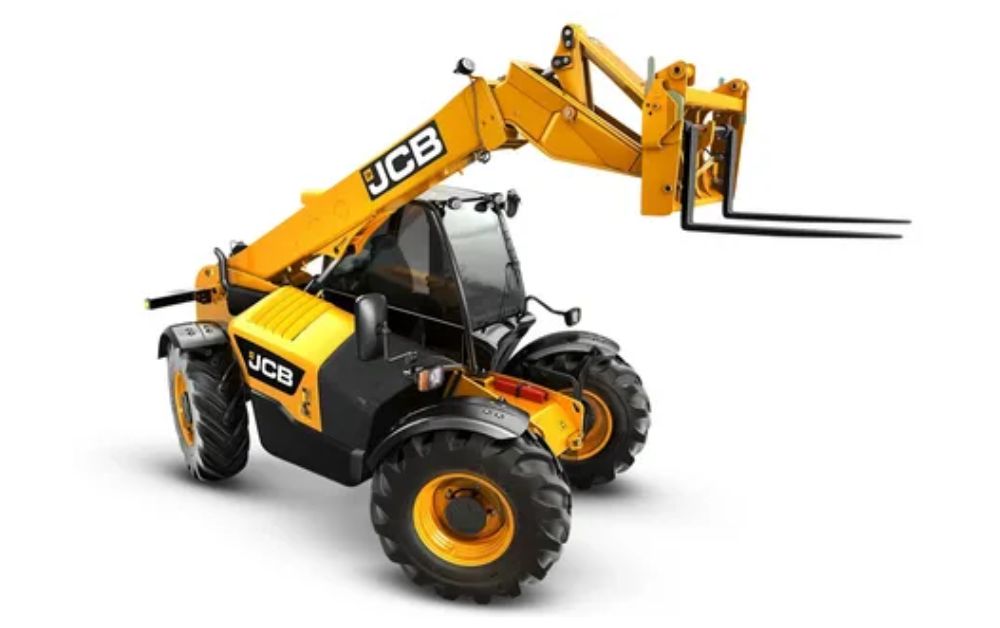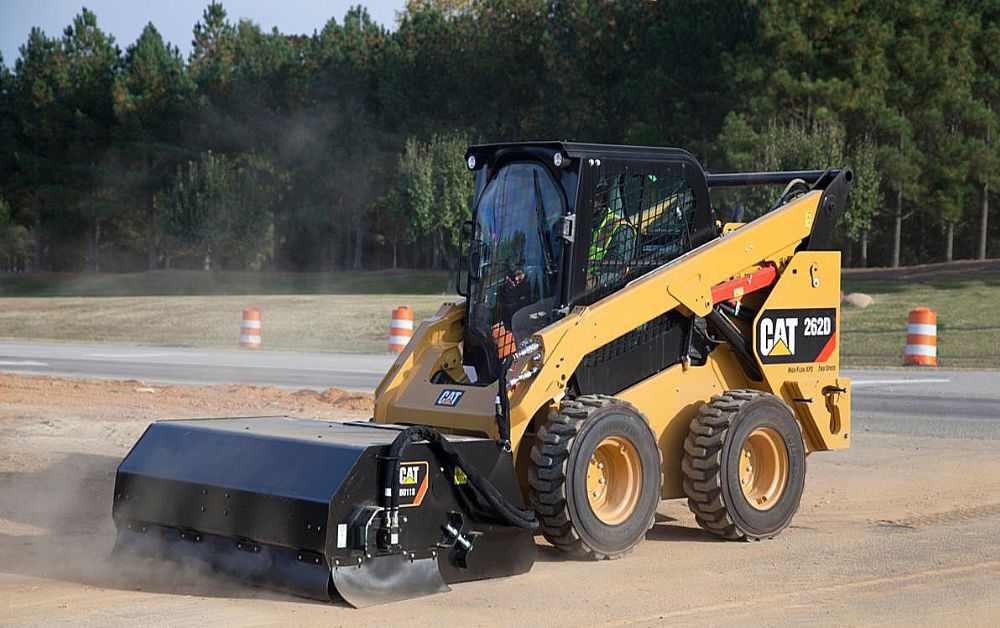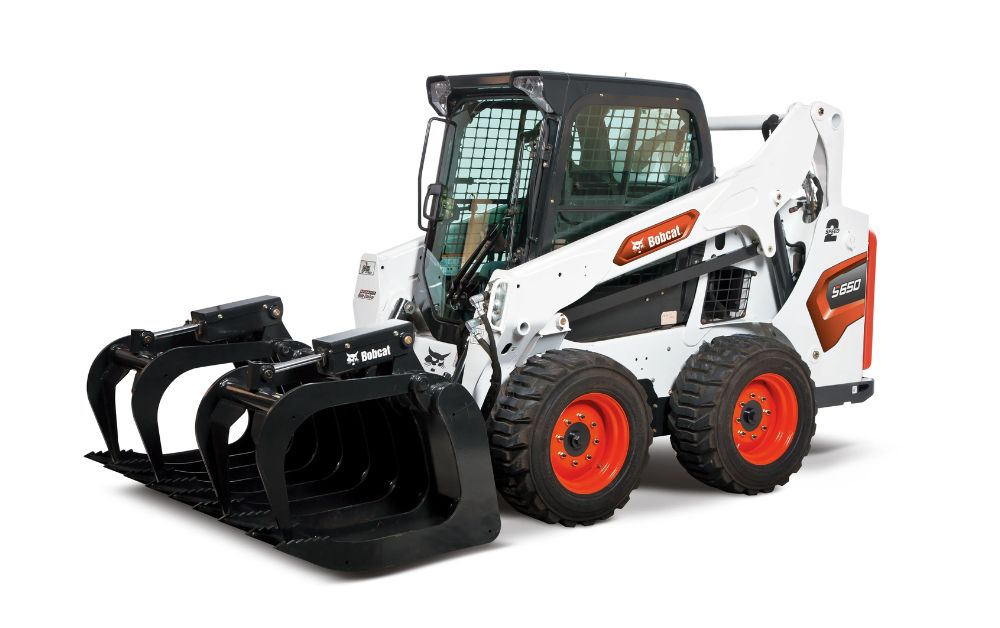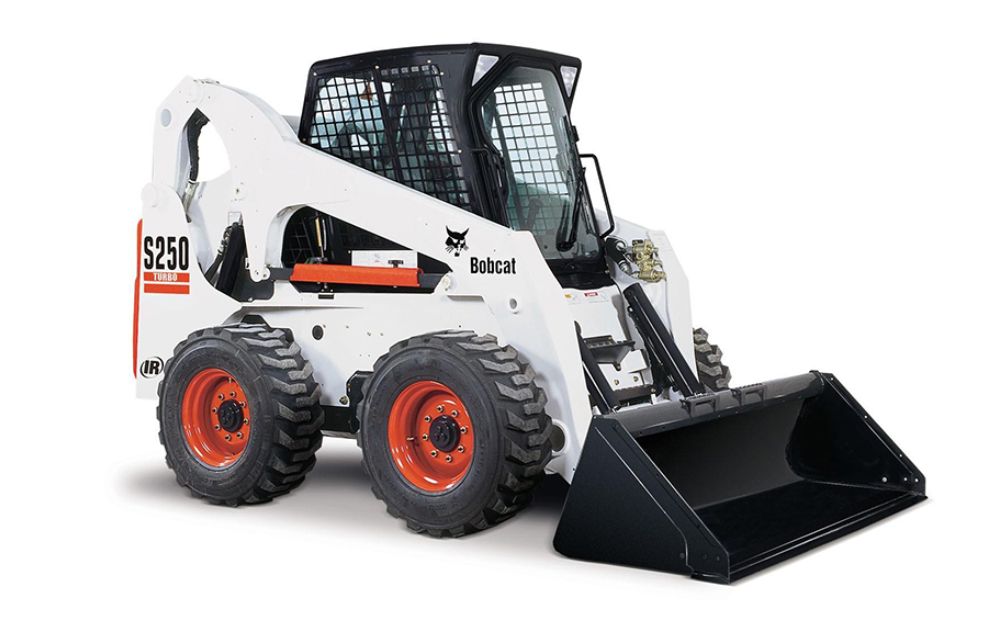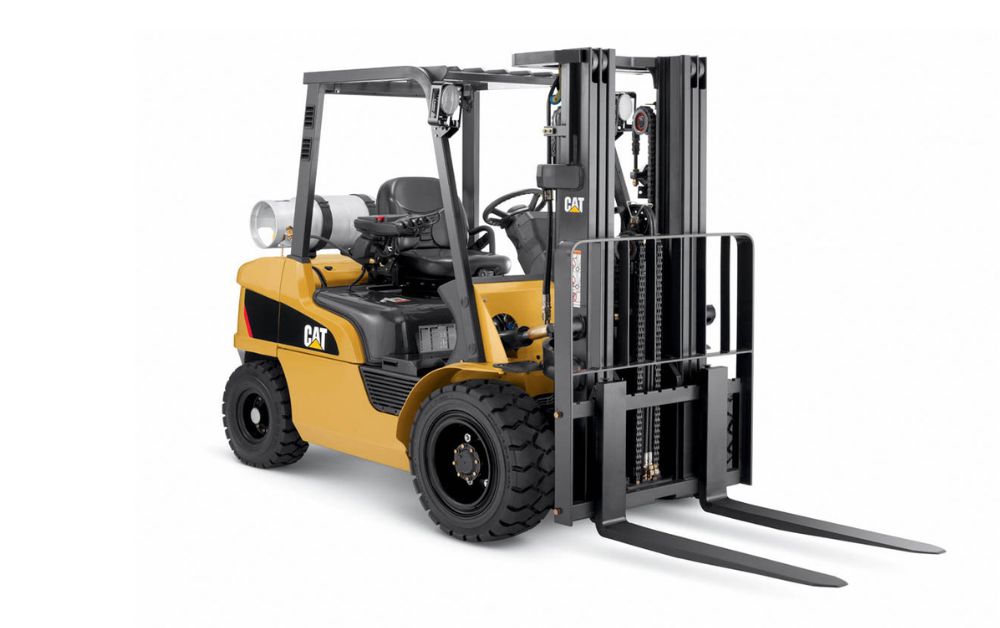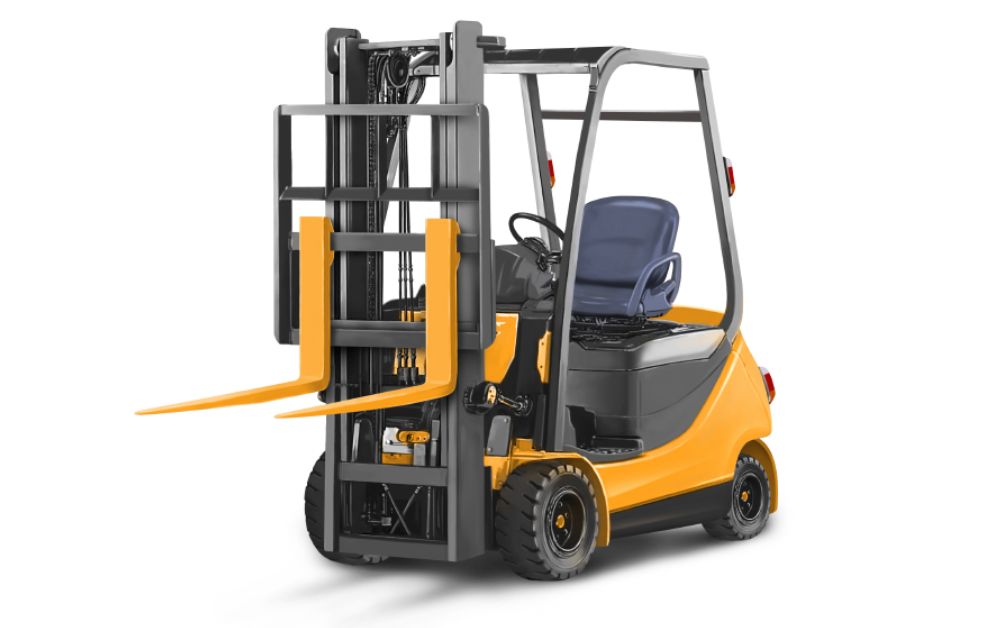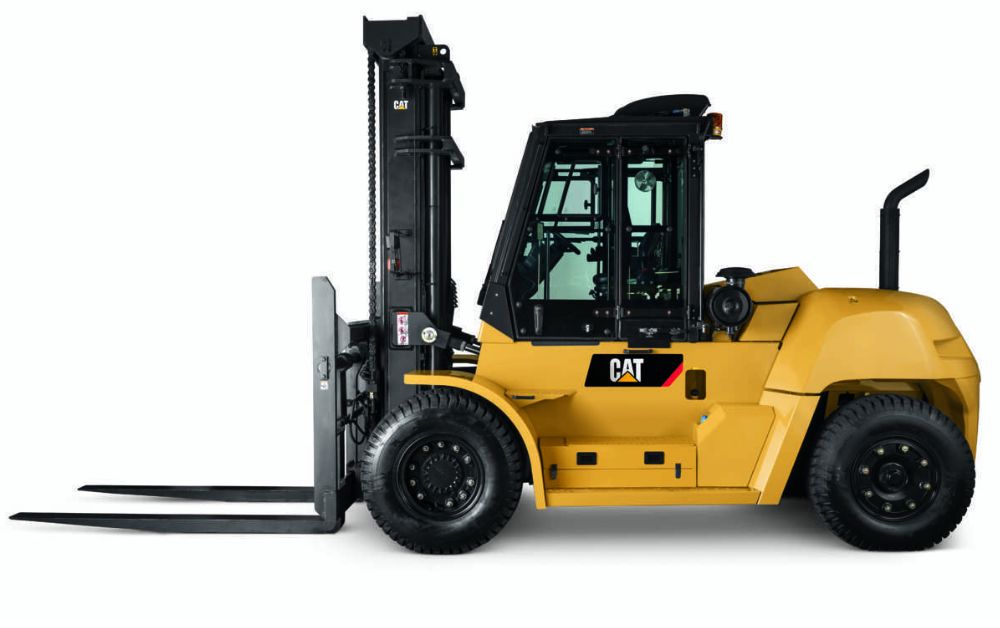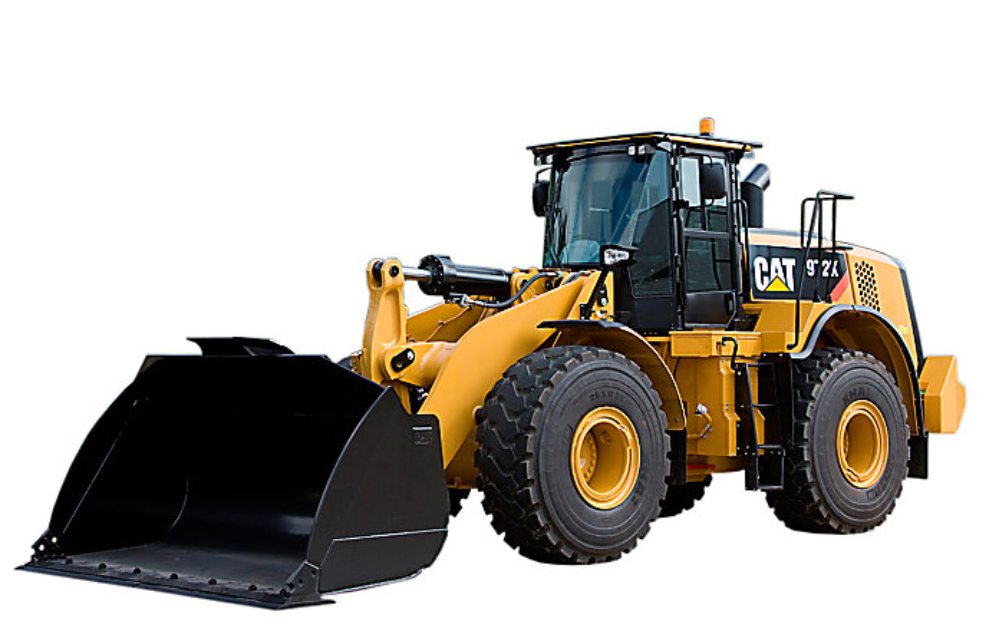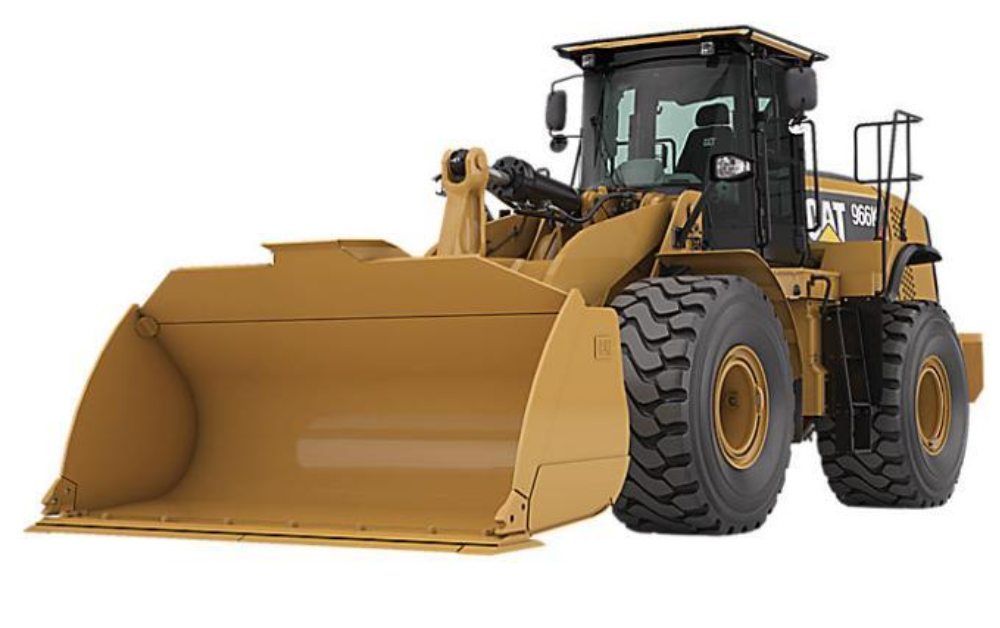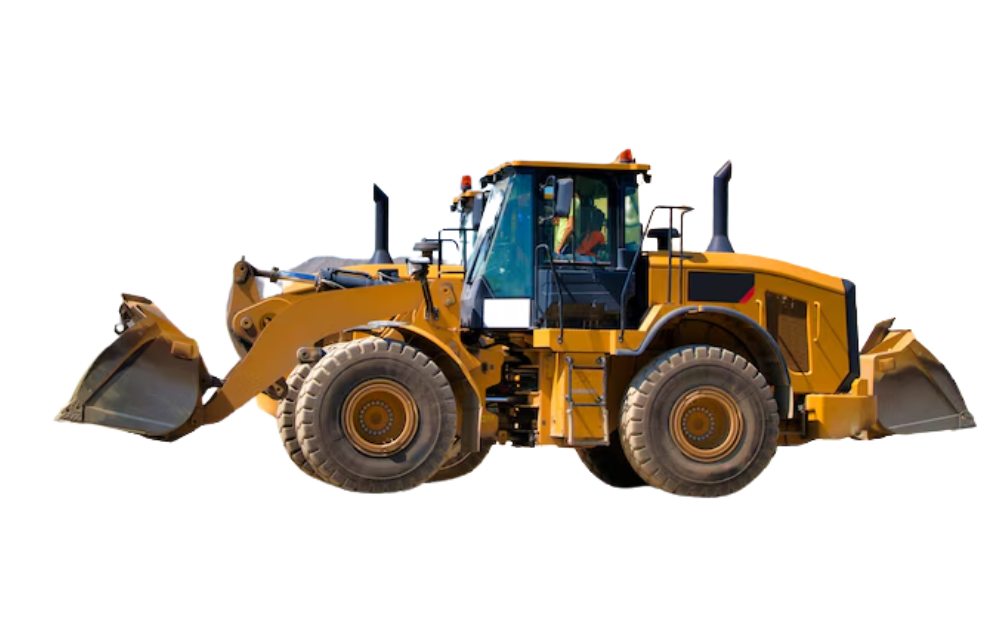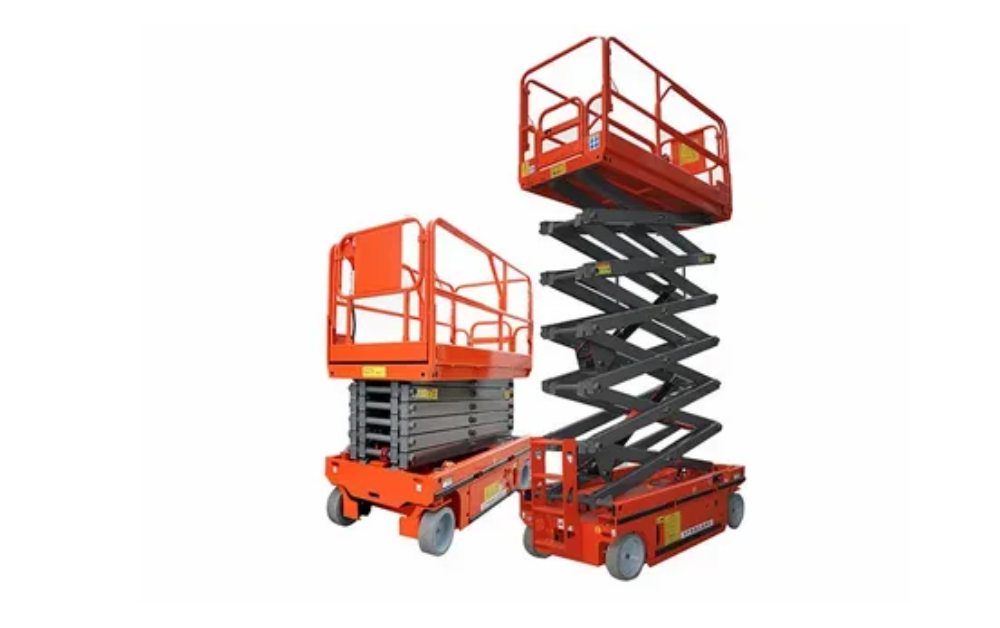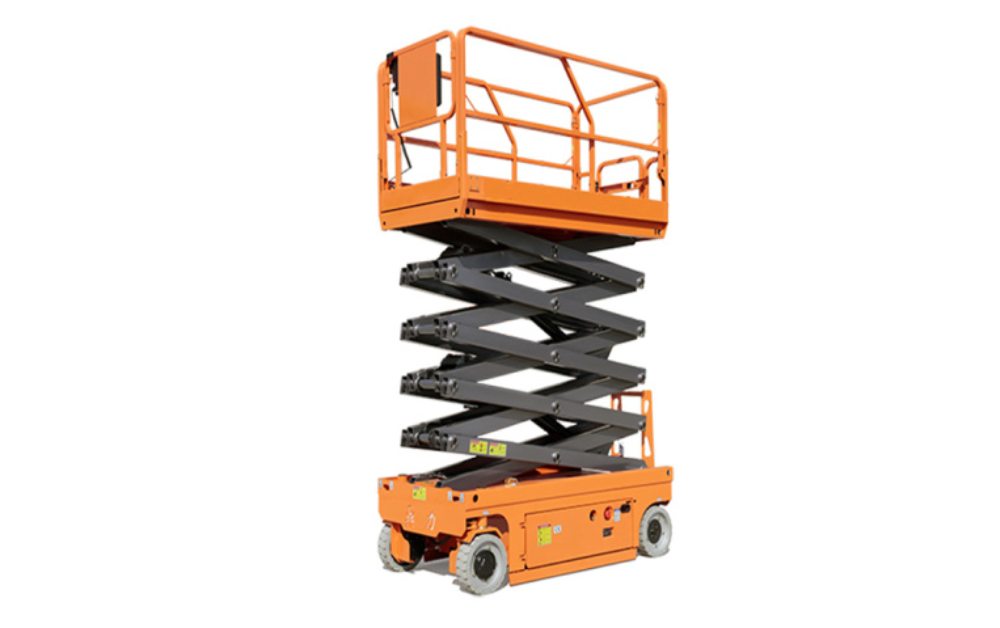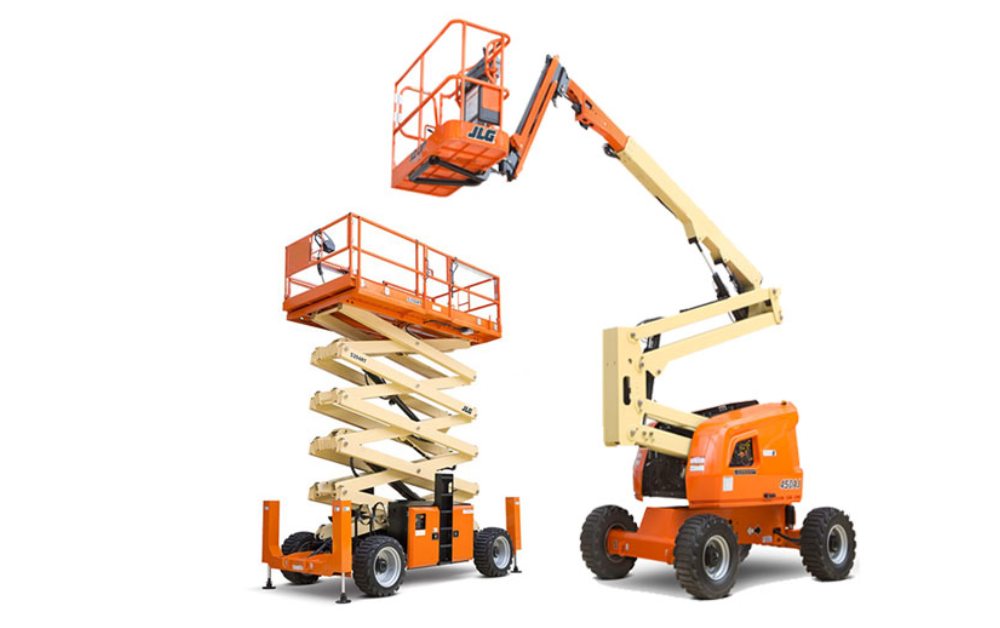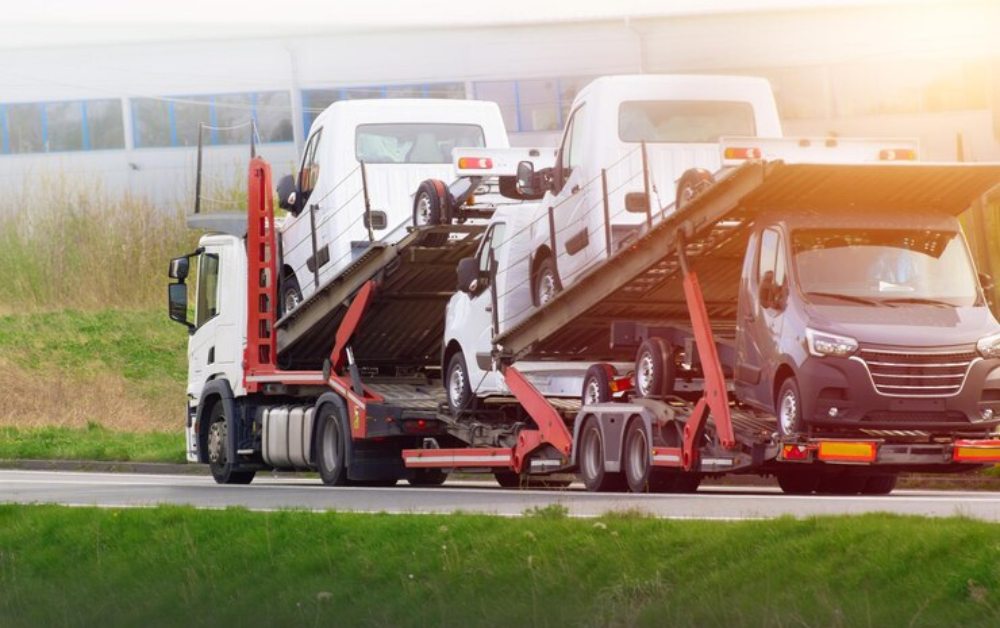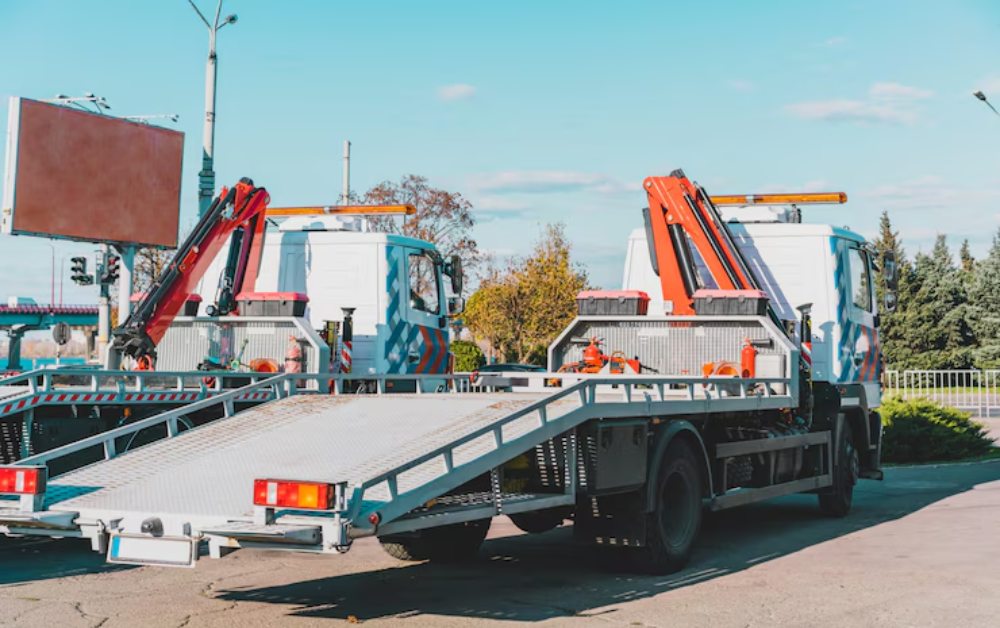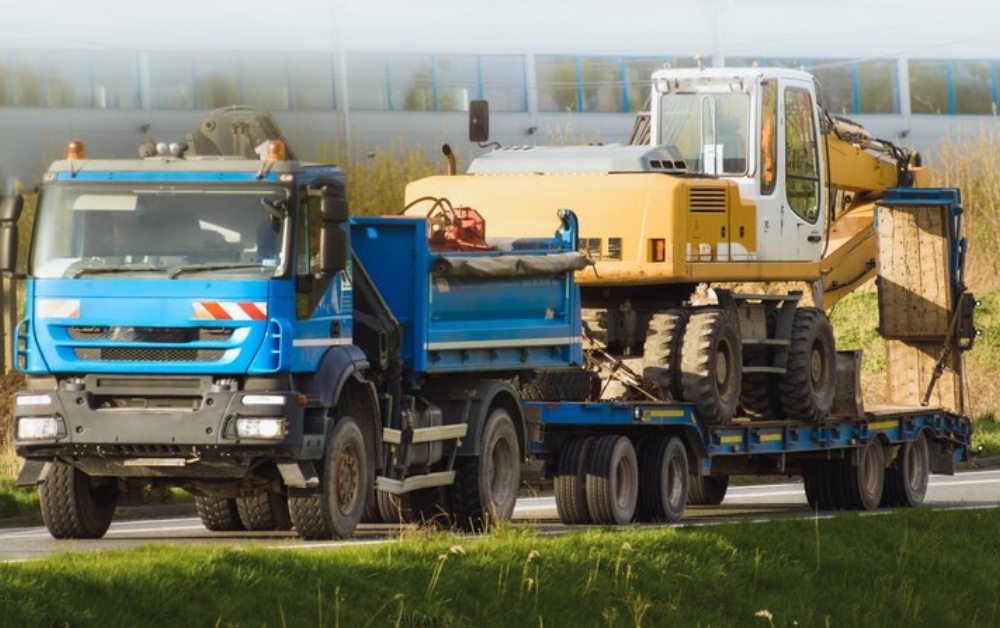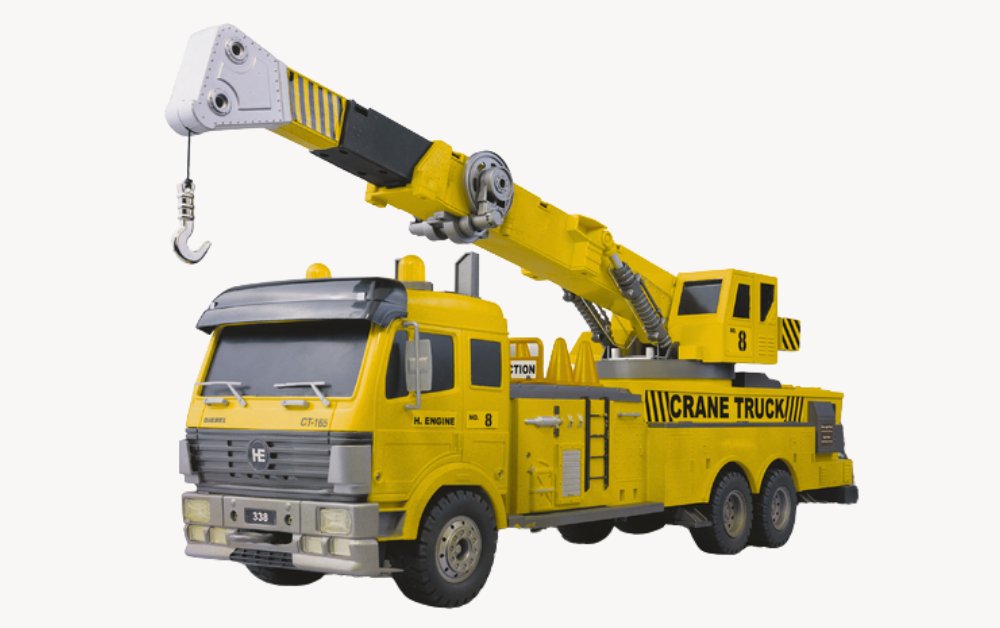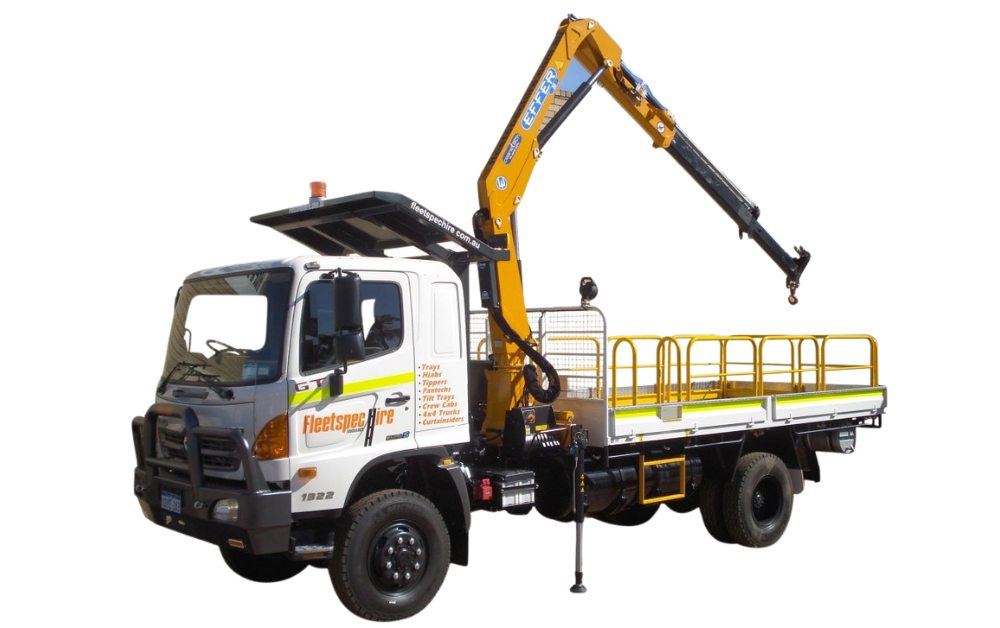In today’s fast-paced industrial world, material handling and logistics efficiency are critical to success. Among the machinery that plays a pivotal role in lifting, shifting, and positioning heavy loads is the boom loader. Known for its powerful hydraulic arm and impressive versatility, a boom loader is used across various sectors—from construction and agriculture to warehousing and waste management.
This blog explores the different types of boom loader machines and how each one serves unique purposes in different industries. By understanding their applications, businesses can choose the right equipment for the right task, ensuring improved safety, productivity, and cost-effectiveness.
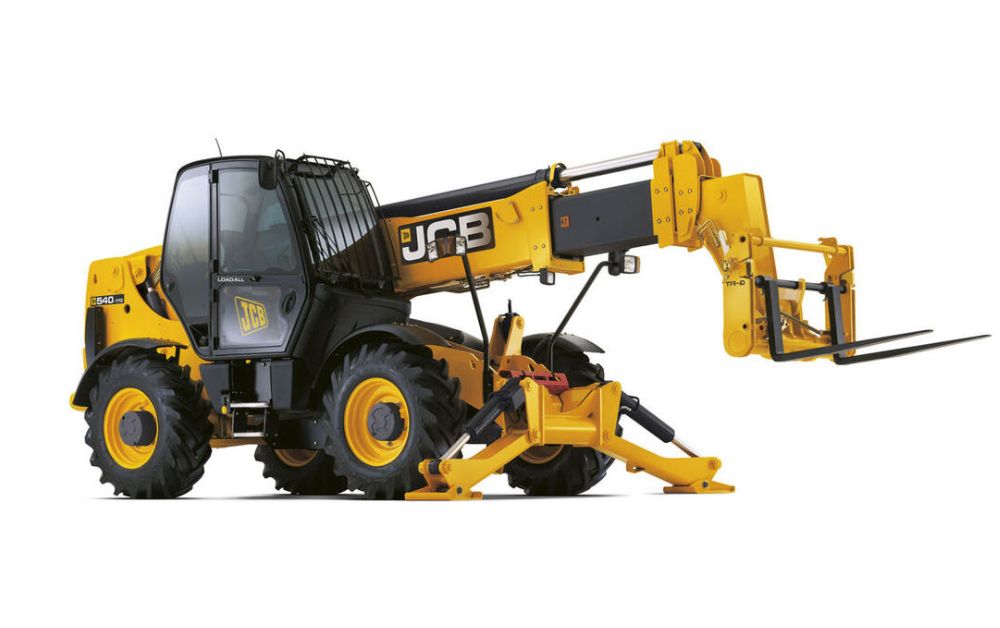
1. Telescopic Boom Loader
The telescopic boom loader, also known as a telehandler, features an extendable arm that can move both forward and upward. This feature gives it a longer reach compared to other loaders.
Applications:
- Construction Industry: Used to lift heavy building materials like concrete blocks, steel bars, and bricks to elevated locations.
- Agriculture: Helps in stacking hay bales, loading grain, and other farming activities.
- Warehousing: Ideal for handling large and awkwardly shaped goods in high racking systems.
Its ability to attach various tools (like buckets, pallet forks, and winches) makes the telescopic boom loader one of the most flexible machines on a job site.
2. Articulated Boom Loader
An articulated boom loader features a jointed arm that can bend at one or more pivot points. This articulation allows for greater maneuverability, especially in confined spaces.
Applications:
- Urban Construction: Perfect for operating in narrow streets and dense building environments.
- Mining and Quarrying: Helps in moving materials in areas where space is limited and terrain is uneven.
- Waste Management: Used in loading and shifting waste in tight landfill or processing plant areas.
This type of loader provides excellent control and flexibility, making it an asset in jobs that require precision.
3. Knuckle Boom Loader
The knuckle boom loader resembles a human finger, with multiple joints that allow it to fold and unfold. This makes it compact when stowed but extremely capable when extended.
Applications:
- Forestry: Commonly used for loading logs onto transport vehicles.
- Marine Industry: Employed in harbors and docks for cargo handling due to its space-saving design.
- Utility Services: Used in electrical and communication line maintenance by attaching bucket platforms.
Its unique folding design allows it to operate in tight spots while still offering a significant lifting capacity.
4. Truck-Mounted Boom Loader
A truck-mounted boom loader is essentially a crane mounted onto a flatbed or heavy-duty truck. It offers the dual benefit of mobility and lifting capability.
Applications:
- Logistics and Transport: Used for loading and unloading heavy machinery or shipping containers directly from the truck.
- Oil and Gas Industry: Ideal for transporting and placing heavy pipes or equipment on off-road sites.
- Civil Projects: Assists in handling large infrastructure components like bridge beams and roadside barriers.
These loaders are perfect for mobile operations where both transportation and loading are required in a single machine.
5. Compact Boom Loader
Compact boom loaders are smaller in size but pack a punch in terms of efficiency and usability. They are designed for projects with space constraints.
Applications:
- Indoor Construction: Used for renovation and maintenance tasks inside buildings.
- Retail and Warehousing: Perfect for navigating narrow aisles while lifting small to medium loads.
- Landscaping: Assists in moving soil, mulch, and other landscaping materials in gardens or parks.
Despite their size, compact boom loaders come with many of the features found in larger models, including advanced safety and control systems.
6. Rough Terrain Boom Loader
These boom loaders are built specifically for off-road conditions and challenging terrain. Equipped with heavy-duty tires and reinforced suspension, they provide superior stability and grip.
Applications:
- Construction in Remote Areas: Used to transport materials in places without paved roads or stable ground.
- Military Applications: Useful for logistics in rugged and undeveloped locations.
- Mining Sites: Helps in lifting tools, equipment, and debris across uneven surfaces.
Their ability to handle extreme environments makes them indispensable for industries that operate beyond urban infrastructure.
Safety and Efficiency Factors
While the type of boom loader you choose largely depends on the industry and specific task, safety and efficiency should never be compromised. Modern boom loaders come equipped with advanced features such as:
- Load sensors and limiters
- Stabilizers for balance
- Operator-friendly control panels
- Emergency shut-down systems
- Maintenance alerts and diagnostics
Operators should be trained and certified, and machines must be inspected regularly to ensure smooth operation and safety compliance.
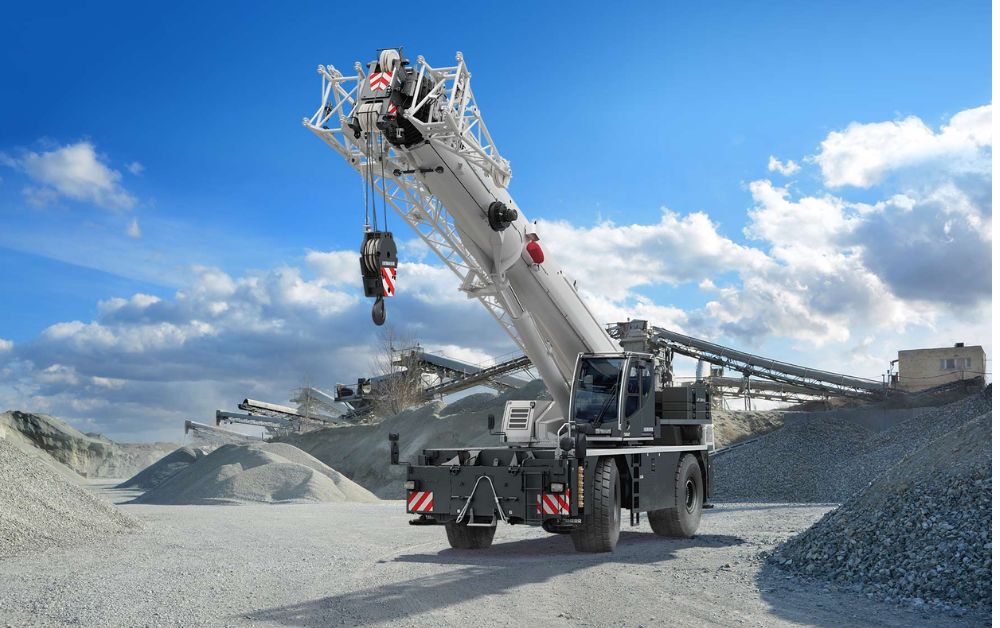
Conclusion: Rely on WHITE FIELD GENERAL TRANSPORT for Dependable Boom Loader Services
As industries continue to grow and diversify, the demand for reliable and specialized material handling equipment like boom loaders has never been higher. Whether it’s navigating narrow city alleys, reaching up to rooftops, or managing logistics in rugged terrains, there’s a boom loader designed for the job.
For businesses seeking professional boom loader rental or operation services, White Field General Transport is a name that stands tall in the industry. With a fleet of well-maintained machines, skilled operators, and a commitment to safety and punctuality, White Field General Transport ensures your heavy lifting needs are handled with precision and care. Whether it’s construction, logistics, or specialized industrial support, partnering with White Field General Transport means choosing experience, reliability, and excellence.

